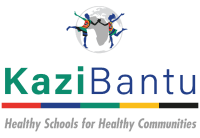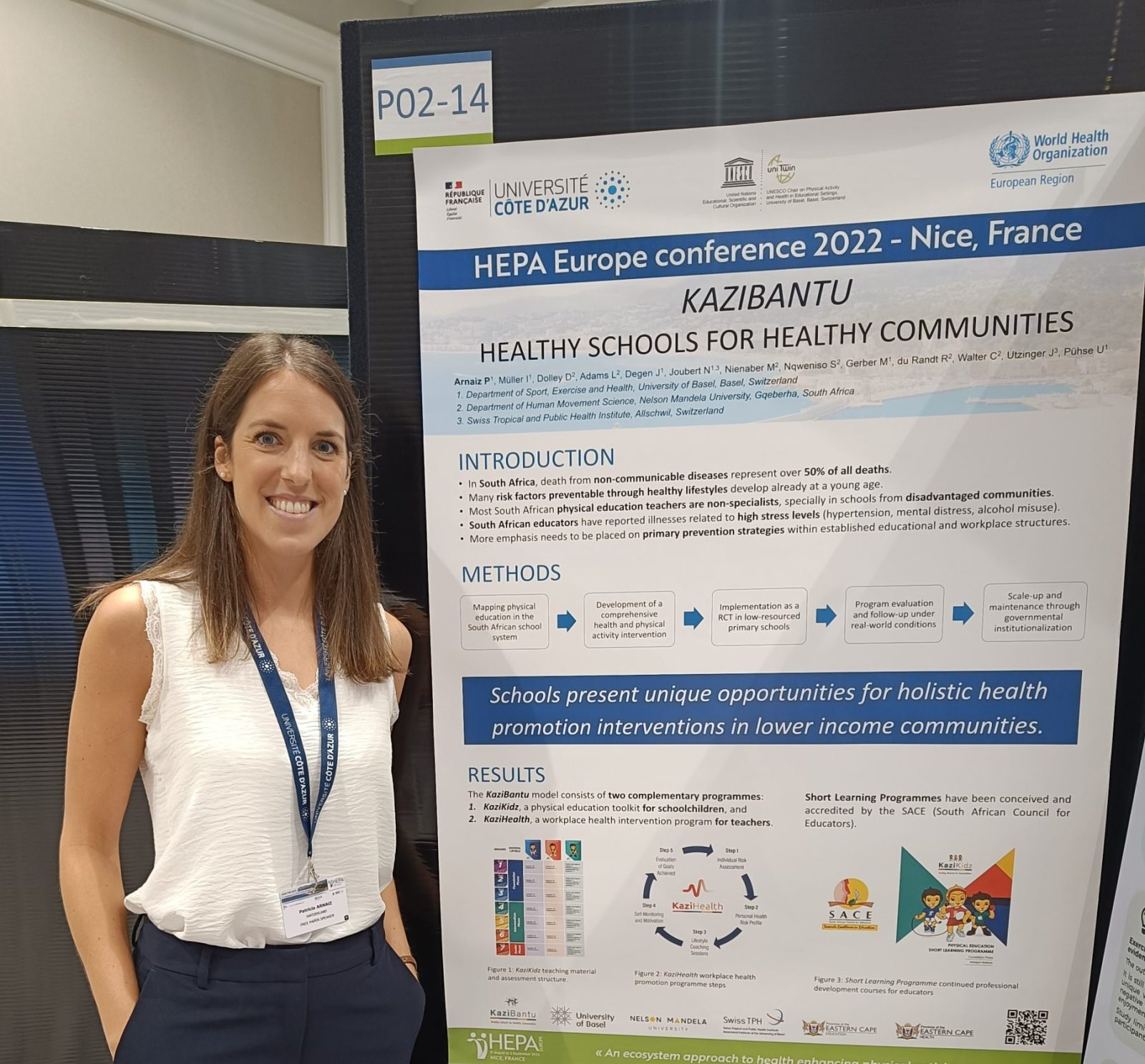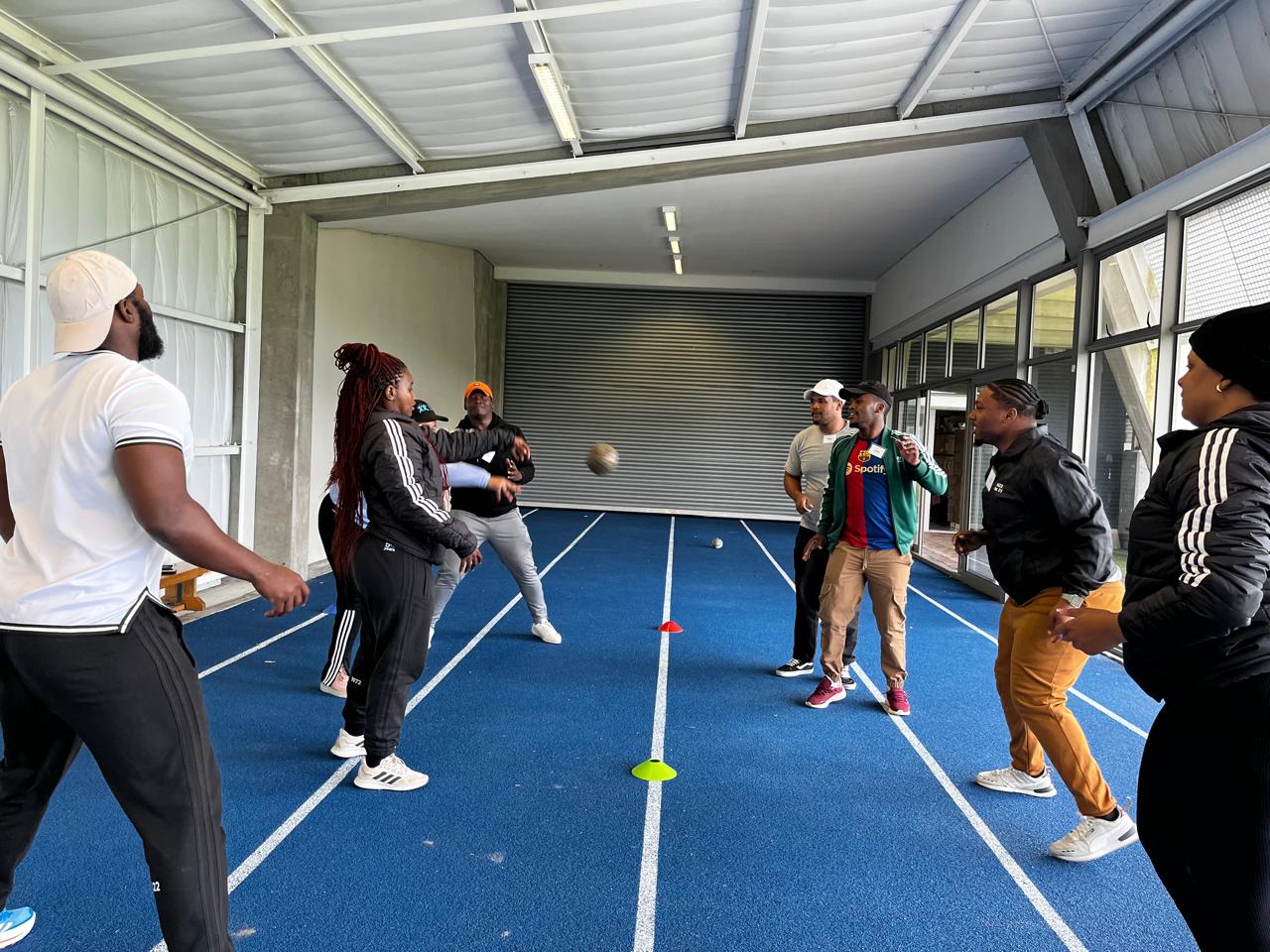Available data within low-to-middle-income countries (LMICs) indicate that the disease profile is moving towards a profile seen in more Westernised countries, where more deaths are being attributed to chronic non-communicable diseases (NCDs). With most of the risk factors preventable through healthy lifestyle behaviours, more emphasis needs to be placed on primary prevention strategies. One way to address this is to incorporate health promotion interventions within already established workplace structures. Although massive increases in data and analysis have occurred in many fields over the last decade, data still lacks within LMICs, especially health data. Barriers to health data collection, profiling, and exchange, have been attributed to poor infrastructure, lack of training and insecurity. As health behaviour interventions rely on initial health data and profiling as a fundamental starting point, it is important to address difficulties surrounding health data handling within lower-resourced settings.
PhD students Nandi Joubert and Larissa Adams and Prof. Darelle van Greunen from the KaziBantu team presented innovative tech solutions of KaziHealth, the teachers workplace health intervention at the 13th Sports Science Society of Switzerland (SGS) conference. The presentation was entitled “Collecting health and wellbeing data in under-resourced settings to facilitate behaviour change. Examples from the KaziHealth school-based workplace health intervention program“. Innovative approaches in this area, technical IT tools as well as further needs and future steps were discussed online.



